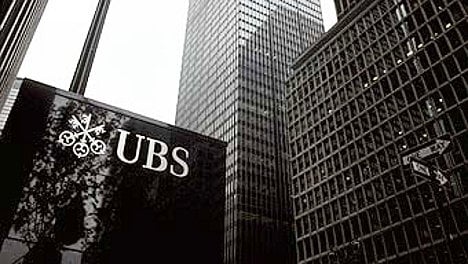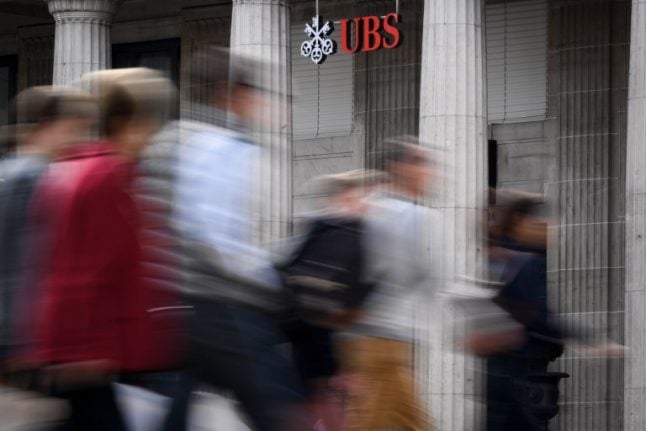UBS said its net profit was 425 million Swiss francs (€354 million, $435 million), well short of analyst forecasts polled by Swiss agency AWP at
around 1.1 billion Swiss francs.
UBS blamed the downturn on lower trading and services revenues while operating costs rose.
Chief executive Sergio Ermotti said the bank was determined to "consolidate its position as the best capitalised bank," topping the 9.0 percent Core Tier 1 capital ratio requirement by the end of this year.
Banking regulators have tightened capital ratio requirements – a key measure of a bank's strength – in an effort to prevent any repeat of the risky practices which contributed to the 2008 global financial crisis.
UBS rival Credit Suisse plans to raise 15.3 billion Swiss francs in fresh capital so as to meet the tougher rules.
UBS was cautious on the outlook, noting the eurozone debt crisis, US debt levels and geopolitical tensions which will "continue to influence client
confidence … and third quarter activity."
The bank meanwhile reaffirmed that it had suffered a loss of 349 million Swiss francs in the New York listing of Facebook and would seek compensation
in full.
It blamed the losses on "serious malfunctions" during the Facebook listing on the high-tech Nasdaq market, with orders placed for clients repeated
several times meaning that UBS ended up with more shares than it had wanted.
Nasdaq was to blame and it should have suspended trade in Facebook, UBS charged, adding that it would sue to get back all the money it said was lost
as a result of the problems.
Facebook listed in a much-hyped May 18 debut that was plagued by technical glitches and complaints that key forecasts were kept from the public in what
was the largest initial public offering for a tech firm.
Its shares have fallen steadily from the listing price of $38 to around $23.
Nasdaq earlier this month raised to $62 million the amount of money it will set aside to cover trading losses due to computer glitches such as those which
disrupted the Facebook launch.



 Please whitelist us to continue reading.
Please whitelist us to continue reading.
Member comments